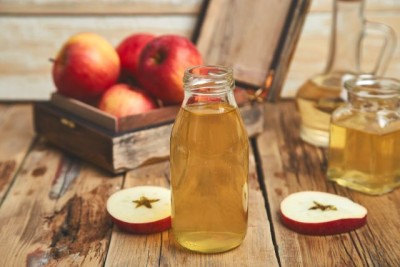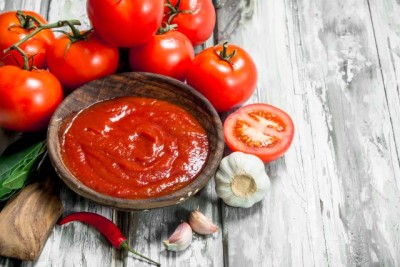Determining the demand for Folic Acid: Why it is essential?
Warning: Undefined variable $post in /home/dietofli/public_html/wp-content/plugins/code-snippets/php/snippet-ops.php(582) : eval()'d code on line 3
Warning: Attempt to read property "ID" on null in /home/dietofli/public_html/wp-content/plugins/code-snippets/php/snippet-ops.php(582) : eval()'d code on line 3
The estimated reading time is 3 minutes
Warning: Undefined variable $post in /home/dietofli/public_html/wp-content/plugins/oxygen/component-framework/components/classes/code-block.class.php(115) : eval()'d code on line 3
Warning: Attempt to read property "ID" on null in /home/dietofli/public_html/wp-content/plugins/oxygen/component-framework/components/classes/code-block.class.php(115) : eval()'d code on line 3

Folic acid is a simple yet essential type of vitamin used in fortified foods and dietary supplements. The natural version of folic acid is extracted from natural foods. It is commonly called folate. However, we can satisfy our need for folic acid from supplements. But the main thing to notice here is that both the folate and folic acid have the same effects. We can add Folic acid to certain foods naturally lacking folate.
Why is it essential?
Apart from treating certain deficiencies like anemia and liver diseases, folic acid is essential for pregnant women. These women need a certain amount of folic acid to lower the risk of early labor. In the early developmental stages of the baby inside the womb, the presence of folic acid ensures the proper growth of the baby's spine and brain. So at the time of delivery, the chances of diseases like anencephaly are reduced by 60% due to folic acid.
Doctors recommend a sufficient intake of folic acid and multivitamin supplements for any women of childbearing age. It prevents certain birth defects from happening. The deficiency may lead to digestive problems. One of the causes of folic acid deficiency is the excessive use of alcohol. It may lead to certain liver or kidney diseases.
By maintaining the suggested level of folate, you can support your bone health and prevent certain diseases from happening like osteoporosis, arthritis, and bunions. The treatment of such diseases can get quite complex and expensive. A bunion surgery cost, for example, can range from $3,000 to over $10,000.
Extracting folate from foods
We can extract folate from natural foods. Leafy green vegetables have an ample amount of folate in them. These green veggies include lettuce, spinach, and broccoli. Pulses are another source of obtaining folate. We can get folate from lentils and beans naturally.
Citrus fruits like lemons and oranges also provide the necessary amount of folate required for the body. Other fruits may include melons and bananas. Apart from natural juices, you may get folate from loaves of bread and cereals.
You can extract folic acid from dairy and poultry products. Among meat and organs, beef kidneys and the liver is one of the best sources for getting folic acid. Seafood is another source.
Getting the right amount of folic acid
The right amount of folic acid can be super beneficial for us, but exceeding that amount can cause side effects. RDA (recommended dietary allowance) provides a certain amount of folic acid that is acceptable by our body. Like if you are a pregnant woman, you will require 500 – 600 micrograms of folic acid per day. Similarly, kids having the age of 5-6 years need not more than 150 – 200 micrograms per day.
Excessive folic acid can be dangerous for you as it comes with some side effects. You may experience nausea, insomnia, and bloating. But these side effects occur rarely. Similarly, excessive intake of folic acid may hinder the effects of certain medicines.
Therefore, if you are taking seizure medicines, you should consult a doctor about the regular intake of folic acid alongside. Masking the symptoms and effects of vitamin B12 deficiencies, and excessive intake of folic acid can be risky. Overdosing the folate may lead to excessive insomnia. Due to its liquid state, toxicity in overdosing the folate is rare.
The bottom line
In concluding the discussion, folate is a necessary vitamin that is required by your body. We can obtain folic acid both naturally and through supplements. But the excessive amount can be dangerous.














